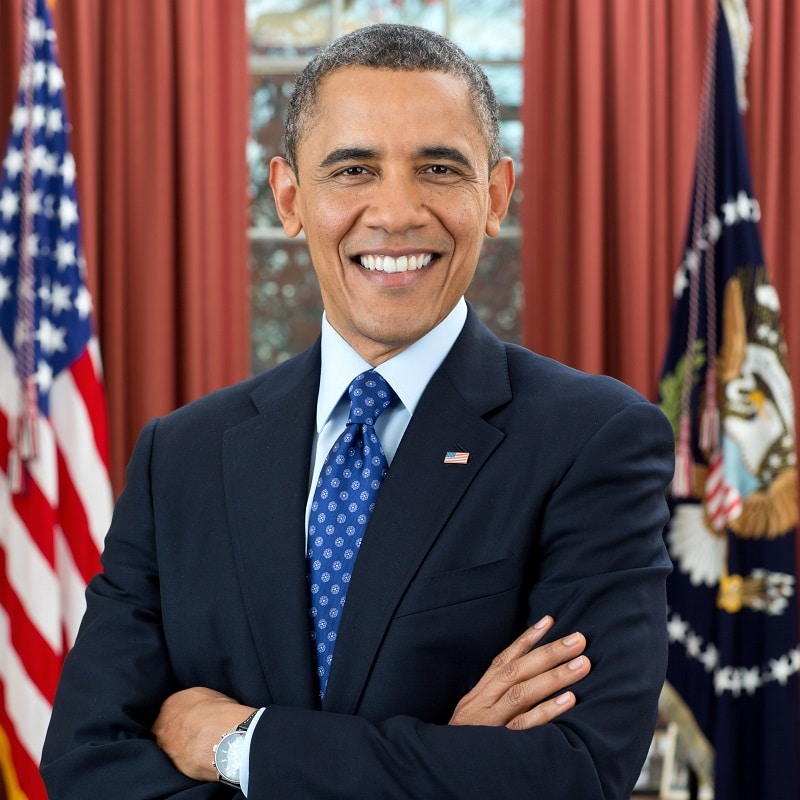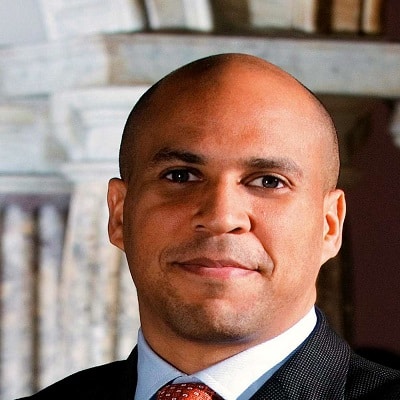 Activists will march from the U.S. State Department to the White House on Friday morning, demanding that the Obama administration do more to end the failed war on drugs and the human rights violations it causes. The advocates especially want the U.S. to ensure that international aid it provides is not used to support the death penalty for nonviolent drug offenses.
Activists will march from the U.S. State Department to the White House on Friday morning, demanding that the Obama administration do more to end the failed war on drugs and the human rights violations it causes. The advocates especially want the U.S. to ensure that international aid it provides is not used to support the death penalty for nonviolent drug offenses.
The march is part of a global day of action called “Support, Don’t Punish,” with events taking place in 150 cities around the world, including New York. It coincides with the annual United Nations International Day Against Drug Abuse and Illicit Trafficking, which some governments use to focus on prevention and awareness, but which others have used to highlight large drug busts and seizures, or even to carry out executions.
WHO: Organizations that oppose the war on drugs and support human rights
WHAT: March — part of an international day of action in 150 cities — featuring signs with slogans like “Prohibition => Crime + Violence,” “No Drug Executions With Our Dollars” and “Drug Execution Agency”
WHEN: Friday, June 26 at 9:30 AM ET
WHERE: From the State Department (2201 C St NW) to the White House (1600 Pennsylvania Ave NW)
Activists are using the day of action to call attention to the failure and harms of drug prohibition in advance of a UN General Assembly Special Session on Drug scheduled for next April, where they will press countries to revise international treaties that threaten to stand in the way of reforms such as marijuana legalization and harm reduction measures like syringe exchange.
Last month, a coalition of more than 100 organizations, including the American Civil Liberties Union and Human Rights Watch, released a sign-on letter calling on nations to begin the process of revising the treaties. The letter is online at https://stopthedrugwar.org/
More information about the D.C. march is at https://www.facebook.com/
A list of other events on the global day of action is at https://supportdontpunish.org/
StoptheDrugWar.org works for an end to drug prohibition worldwide, and an end to the “drug war” in its current form. We believe that much of the harm commonly attributed to “drugs” is really the result of placing drugs in a criminal environment. We believe the global drug war has fueled violence, civil instability and public health crises; and that the currently prevalent arrest- and punishment-based policies toward drugs are unjust.




